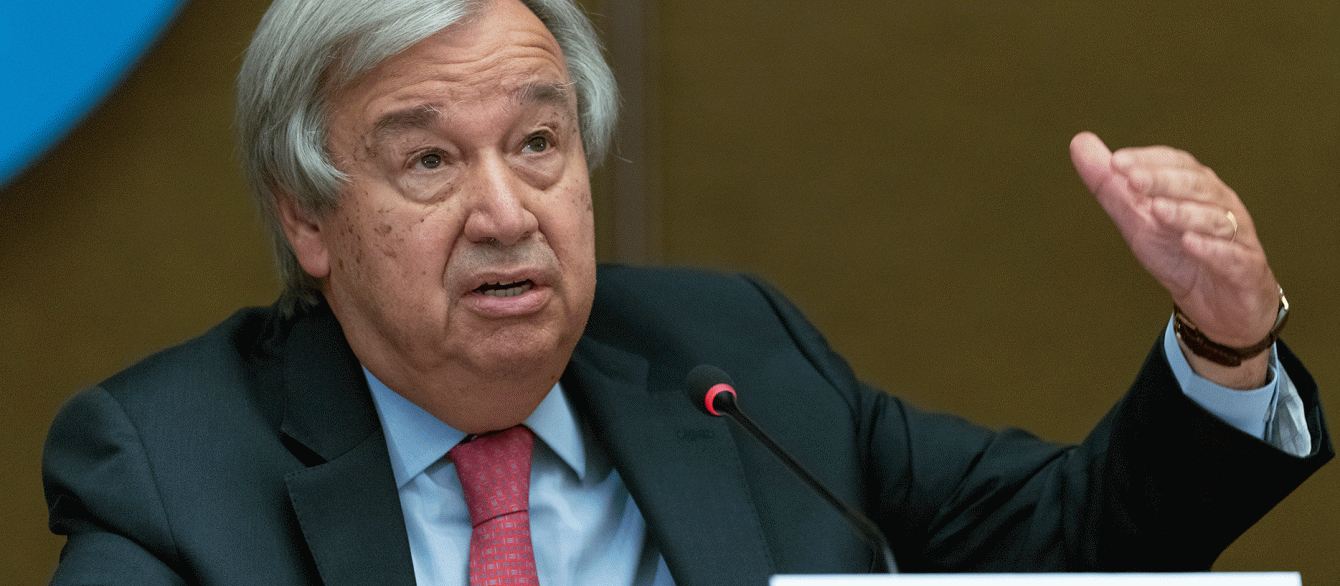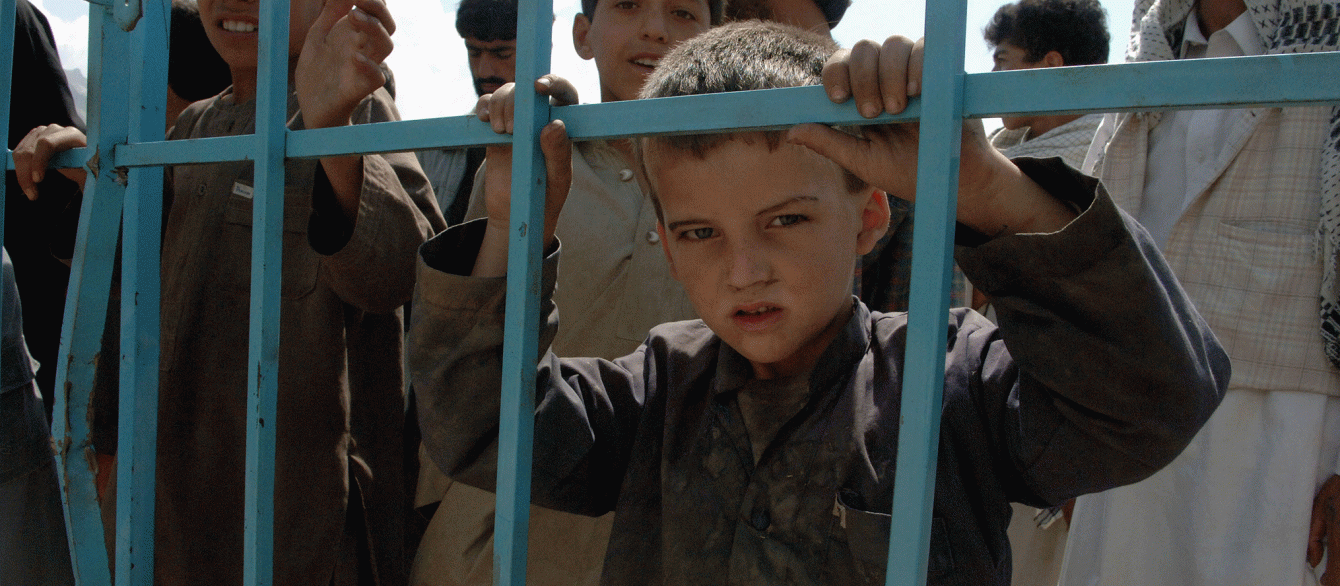War-ravaged Afghanistan is once again on the brink of humanitarian calamity. In October 2001, heavy American bombardment had halted convoys of trucks from delivering food to the population. According to the UN, 7.5 million people stood at risk of starvation. Twenty years later, with the American forces now withdrawn, 24 million people are at risk of starvation.
According to the World Food Program (WFP) and Food and Agriculture Organization (FAO), two thirds of the country’s 35 million population face “acute food insecurity.” A quarter are in a “state of emergency,” the second-highest category in WFP’s hierarchy of catastrophe. “This will likely worsen indeed over the winter making Afghanistan the country with the largest population in the world facing the greatest risk of food insecurity,” said Deborah Lyons, the Special Representative to the Secretary-General, in her recent report to the UN Security Council. That means Afghanistan is on the brink of famine, the highest category in WFP’s hierarchy of catastrophes. More than 3 million children are malnourished, and many are dying already.
Humanitarian agencies have raised alarms that Afghanistan stands at the precipice of an unprecedented humanitarian crisis.
Afghanistan’s condition was fragile even before the unprecedented Taliban takeover on August 15. The country was suffering from the second severe drought in four years. The fallout from coronavirus had long squeezed household finances. Over 4 million people were internally displaced. And more than half of the country was living on less than $1.90 a day, according to UN estimates.
The Taliban takeover has made everything worse. The economy is now in a free fall. The takeover has dried up Afghanistan’s foreign aid to the annual tune of $8.5 billion, equivalent to 43% of the country’s GDP and 75% of the government budget. Its meagre foreign reserves totaling $9.5 billion are frozen, mainly by the U.S. The financial and banking sectors are paralyzed. International commercial transactions, such as sending remittances and delivering aid, have been curtailed drastically. And the Afghani currency has depreciated in value from 78 to 95 against the U.S. dollar over the past three months, resulting in an average increase of 52% in prices for fuel and staple foods. Half a million civil servants, police, soldiers, and teachers have not been paid in months. The UNDP estimates 97% of the population will sink below the poverty line, while the IMF estimates GDP may contract by 30% in the coming months. The country is now poorer and more fragile than it was three months ago.

António Guterres, Secretary-General of the United Nations during the press conference after the High-Level Ministerial Event on the Humanitarian Situation in Afghanistan on September 13, 2021.
Humanitarian agencies have raised alarms that Afghanistan stands at the precipice of an unprecedented humanitarian crisis. On September 13, UNSG Antonio Guterres convened a pledging conference that raised $1 billion for humanitarian assistance to Afghanistan. On October 12, the G20 held a virtual conference with the E.U. pledging €1 billion. China has pledged $30 million in aid, Kazakhstan has donated 5,000 tons of wheat flour, and India has announced it will help with 50,000 tons of wheat. However, “less than $300 million came through,” according to UNAMA. Of the European pledge, €300 million were already committed, and much of the remainder will go to the country’s neighbors that house Afghan refugees. The WFP estimates $220 million a month is needed to avert a crisis during the winter. With aid and access to reserves, the pain would certainly ease.
However, the Taliban takeover was so sudden that mitigating the ill effects of the cancellation of aid and frozen reserves have been challenging for several inter-linked reasons. First, the Taliban government is not recognized as the legitimate government of Afghanistan. No country, including its historical supporters—Pakistan, has recognized the new government. Second, the group has appointed several US and UN sanctioned individuals to cabinet positions, such as the Minister of Interior Serajuddin Haqqani, whom the US has designated a terrorist and placed a bounty of $10 million. Third, foreign correspondent banks that facilitate money transfers and currency exchange needed for foreign trade, have cut links to Afghan banks for fear of violating complicated sanction laws. Lastly, there is little assurance humanitarian aid will not fall into Taliban hands.
Donors, particularly the United States, are concerned aid will help stabilize the illegitimate Taliban state. The group has been guilty of not only taking over the country by military force, but also of keeping their ties to foreign jihadi groups. Their cabinet, made up of all men, predominantly Pashtun, and almost entirely madrassa-educated, lacks the inclusivity the West desires, diminishing the gains of the past 20 years, especially in minority and women’s rights and participation.
Addressing the economic and humanitarian crisis demands the Taliban and the West make difficult decisions. The Taliban have to form an inclusive government that represents all Afghans, including minorities and women. The West will create a roadmap for recognizing the group and releasing access to reserves and aid.
For now, the Taliban are undeterred in changing their policy to help the hungry citizens. Humanitarian crises and sanctions hurt the population, and not the ruling elite. As reprehensible as it may seem to the West, it will ultimately have to make the tough decision to release access to aid, considered the moral thing to do. Some of that aid will naturally fall into the group's hands.
But, that is just one of the costs of doing business with the new government to prevent the impending humanitarian catastrophe. In 2001, mass starvation was averted—the United States halted bombings long enough for trucks to deliver aid. Can we expect the silver lining once again?






